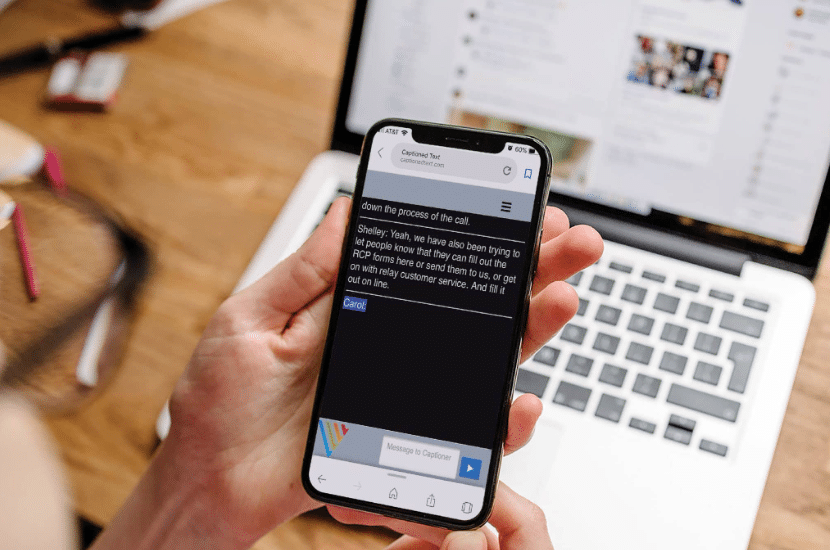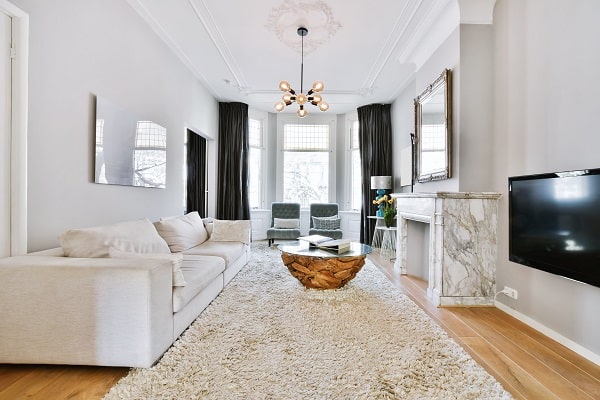If you are one of the millions of people who suffer from hearing loss, you know how expensive hearing aids can be. The good news is that there are some alternatives to traditional hearing aids that will save you money. This blog post will discuss some of the most popular hearing aid alternatives on the market today. It will also provide tips on choosing a suitable alternative for your needs.
Contents
Hearing Aid Alternatives That Won’t Break The Bank
You may have seen them advertised on late-night TV: personal sound amplification products that promise to help you hear better without the need for expensive hearing aids. But do these devices work? And if so, are they right for you? First, it’s essential to understand how these devices work. Most personal sound amplifiers use a microphone to amplify sounds, which are then passed through a small speaker and into your ear. Some models also include directional microphones, which can help focus on sounds in front of you while filtering out background noise. These devices are not meant to replace hearing aids, and they may not be appropriate for all types of hearing loss. In addition, you can’t customize personal sound amplifiers to your specific needs like hearing aids can. While personal sound amplification products can be an affordable option for people with mild to moderate hearing loss, it’s important to consult with a hearing healthcare professional before purchasing.
Amplified Phones

Amplified phones are a great alternative to traditional hearing aids, offering many of the same benefits without some of the drawbacks. Unlike hearing aids, amplified phones work using digital sound processing technology, which means they can boost sound volume while also minimizing background noise and echo. This makes them ideal for those who struggle with high-frequency hearing loss, as their crisp, clear audio helps to improve speech comprehension in any environment. Additionally, amplified phones are much more affordable than hearing aids, making them an accessible option for those on a tight budget. The cost of an amplified phone can range from $60 to $200, depending on the make and model.
TV Listening Devices

There are a lot of different TV listening devices on the market these days. You’ve got your standard hearing aids, of course. But there are also a growing number of alternatives to hearing aids, including special TVs with built-in listening devices. If you’re looking for a TV listening device, you should keep a few things in mind. First, consider what type of TV you have. Newer TVs often have built-in listening devices that can help amplify sound without the need for hearing aids. However, if you have an older TV, you may need to purchase a separate listening device. There are also a few different types of listening devices to choose from. Some devices only amplify sound, while others offer additional features like background noise reduction and directional microphones. Even some devices work with closed captioning to provide an extra layer of accessibility. With so many choices on the market, it’s important to take the time to find the right TV listening device for your needs. Prices include $20 for a basic amplifier to $500 for a top-of-the-line listening device.
Caption Call

Hearing aids are the primary tools for those who struggle with hearing loss, but they are not a perfect solution. These devices are bulky and difficult to handle and can be uncomfortable to wear. They can present challenges in loud or crowded environments where they rely on microphones to pick up sound. Luckily, some alternatives to hearing aids offer many of the same benefits with fewer drawbacks. For example, devices like caption calls attach directly to phones or computers and stream live captions of conversations directly into your ear. This allows you to easily follow conversations in any setting without worrying about managing bulky hardware or worrying about feedback. So if you are looking for an alternative to hearing aids, it might be worth considering caption call or other comparable solutions. With the right technology in place, anyone can enjoy hearing clearly with less hassle and discomfort. Prices range from $200 to $500.
Change Your Environment

If you are looking for some alternative solutions to hearing aids, you may want to consider changing your environment. For example, considering your furniture placement in your home or office can significantly impact how well you hear. For example, if you situate your sofa directly in front of the TV or put your desk under a large fan, these choices can make it difficult to focus on or accurately interpret sounds. Additionally, you may find that specific colors, like bright reds and yellows, help to enhance your focus and perception. By experimenting with small changes in your environment, you can often find creative solutions that work much better than hearing aids. So don’t settle for the conventional approaches – explore different possibilities and see what works best for you!
Realism With Alternatives To Hearing Aids

Around 15 million people in the United States avoid receiving assistance due to hearing loss. Despite this, one reason persists; the cost. When the typical cost of hearing aids for both ears is about $4,000 to $6,000 and isn’t covered by Medicare, it’s easy to see why people choose not to get them. Suppose you only have a minor hearing impairment and don’t feel the need for a hearing aid yet. In that case, you might want to consider a less expensive alternative to hearing aids that can make your daily routine easier. Hearing aids are only one alternative for those who need them, and there are several others to choose from, such as personal sound amplification equipment (PSAPs). There’s a lot more than just changing your life to match your requirements. Speech-to-text phones, amplified telephones, TV listening systems, public assistive listening devices, and more are all possible without a hearing aid. However, if an audiologist tells you to use a hearing aid, you must follow their expert recommendations. Hearing aids may significantly enhance your quality of life, and they are well worth the investment if your hearing loss is permanent or worsening.


